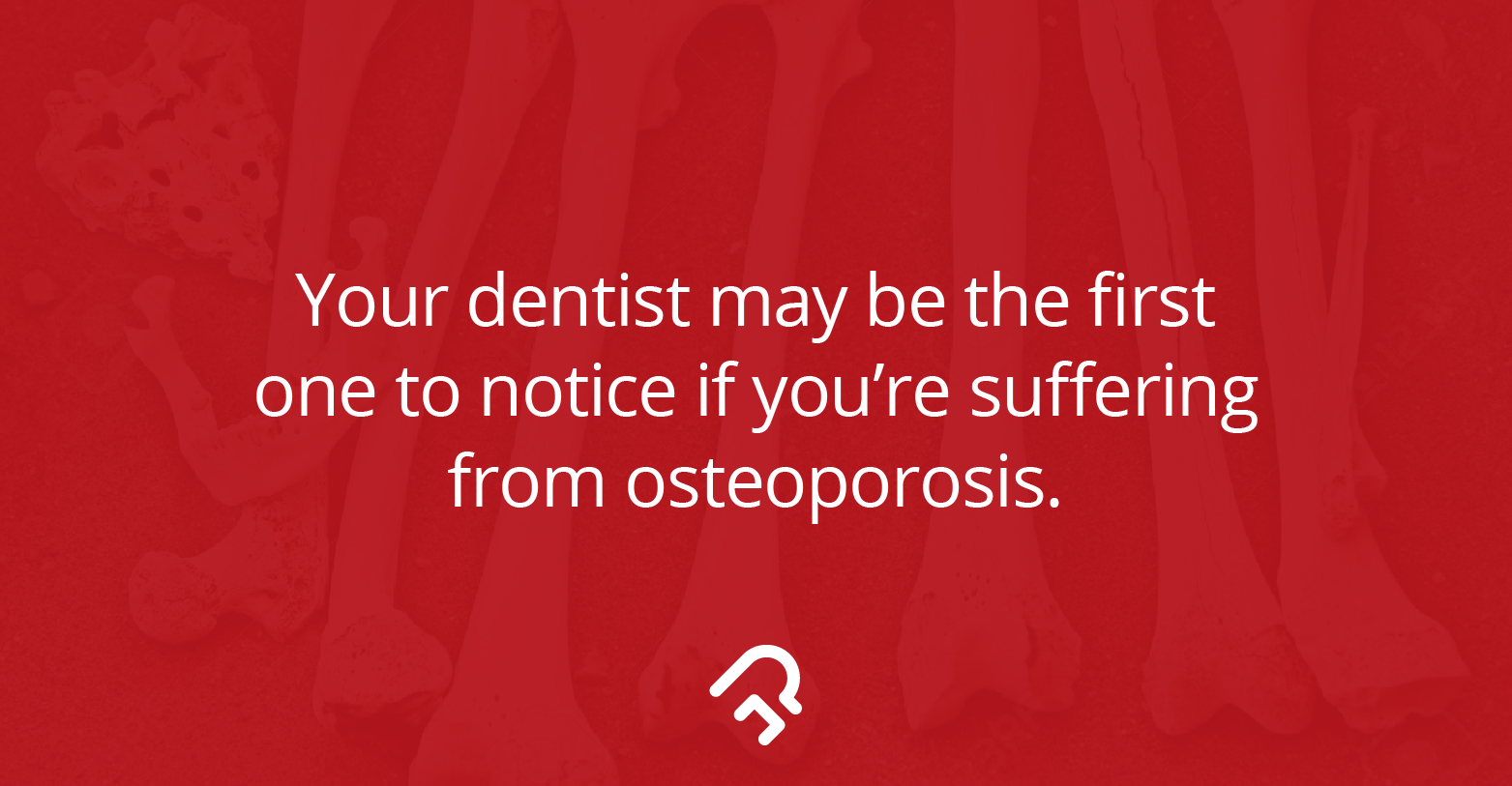5 Effective Ways To Deal With Osteoporosis
By Dhwani Jerajani +2 more

Download PharmEasy App




Register to Avail the Offer
Send OTPBy continuing, you agree with our Privacy Policy and Terms and Conditions
By Dhwani Jerajani +2 more
Osteoporosis, which means porous bones, is a progressive condition in which bones become structurally weak and are more likely to fracture or break. It is sometimes called a ”silent” disease because bone loss often occurs without you knowing it. Dealing with Osteoporosis can be a tough nut to crack if not done in time.

Approximately 10 million Indians have osteoporosis and an additional 34 million have low bone mass. Your dentist may be the first one to notice if you’re suffering from osteoporosis by these signs:
If you or your dentist suspects you have osteoporosis, be sure to visit your doctor as soon as possible. They will likely measure your bone mineral density using a dual-energy X-ray absorptiometry (DEXA) scan. There are new medications available for prevention as well as treatment of osteoporosis, and early intervention is the key to managing both your oral and overall health.
However, if you are diagnosed with osteoporosis, here are a few tips to help you deal with it:
Eating a variety of nutrient-dense foods that contain ample amounts of calcium, vitamin D, and other vitamins and minerals is an important first step. In addition, exercise, lifestyle changes such as stopping smoking if you smoke, adding various herbs to your diet, and practicing tai chi may be beneficial.
Dr. M.G. Kartheeka, MBBS, MD
Vitamin D enables the mineralization of newly formed osteoid tissue in bone and plays an important role in muscle function. It helps the body absorb, retain, and use calcium. Sunlight triggers vitamin-D production in the body, and dietary sources include fortified foods such as milk, orange juice, and breakfast cereals.
Bisphosphonates are the most widely used osteoporosis medications and include alendronate (Fosamax), a pill or liquid taken either daily or weekly; risedronate (Actonel), and ibandronate (Boniva), a daily or monthly pill.
These medications are intended to prevent fractures in the spine, hips, and wrists among people with abnormal bone loss. Boniva, however, has only been proven to reduce spinal fractures. The pills can cause heartburn and upset stomach; therefore it must be taken on an empty stomach. You can’t eat for between 30 and 60 minutes after taking them, depending on the medicine.
Women are more at risk of developing osteoporosis than men because the hormone changes that happen at menopause directly affect bone density.
Dr. Ashish Bajaj – M.B.B.S, M.D.
A new class of medication (denosumab) is a monoclonal antibody that inactivates the natural bone breakdown mechanism. In 2010, denosumab was approved for osteoporosis treatment. Sold as Prolia, it is an injection given twice a year for osteoporotic patients in whom other treatments have failed or who have severe osteoporosis and a high risk for fractures. While the drug is effective, it does have its own side effects.
Also Read: Is Tzatziki Good For You? A Research-Based Health Analysis
Excess refined sugars and starches, elevated insulin levels can aggravate the condition. The ideal diet is one called the ”low glycemic index” diet. Glycemic index is a measure of how quickly food turns into sugar in the bloodstream. Low glycemic index foods do not raise blood sugar or insulin levels quickly and include lean proteins, beans, vegetables, and good fats (nuts, olives, olive oil, fish, fish oils, avocados). Increase your fibre intake.
One in two postmenopausal women will have osteoporosis, and most will suffer a fracture during their lifetime, timely diagnosis and management is very important to prevent fractures.
Dr. Ashish Bajaj – M.B.B.S, M.D.
Yoga and Pilates can improve strength, balance and flexibility. However, certain positions may not be safe for people with osteoporosis or those at increased risk of broken bones. For example, exercises that have you bend forward may increase the chance of breaking a bone in the spine. A physical therapist should be able to help you learn which exercises are safe and appropriate for you.
Dealing with osteoporosis depends partly on how much bone mass you attained in your youth. So make sure you take these tips seriously to cope with the pain for dealing with osteoporosis.
Also Read: Why Does My Jaw Pop? Research-Based Explanations and Solutions
Disclaimer: The information provided here is for educational/awareness purposes only and is not intended to be a substitute for medical treatment by a healthcare professional and should not be relied upon to diagnose or treat any medical condition. The reader should consult a registered medical practitioner to determine the appropriateness of the information and before consuming any medication. PharmEasy does not provide any guarantee or warranty (express or implied) regarding the accuracy, adequacy, completeness, legality, reliability or usefulness of the information; and disclaims any liability arising thereof.
Links and product recommendations in the information provided here are advertisements of third-party products available on the website. PharmEasy does not make any representation on the accuracy or suitability of such products/services. Advertisements do not influence the editorial decisions or content. The information in this blog is subject to change without notice. The authors and administrators reserve the right to modify, add, or remove content without notification. It is your responsibility to review this disclaimer regularly for any changes.
Comments